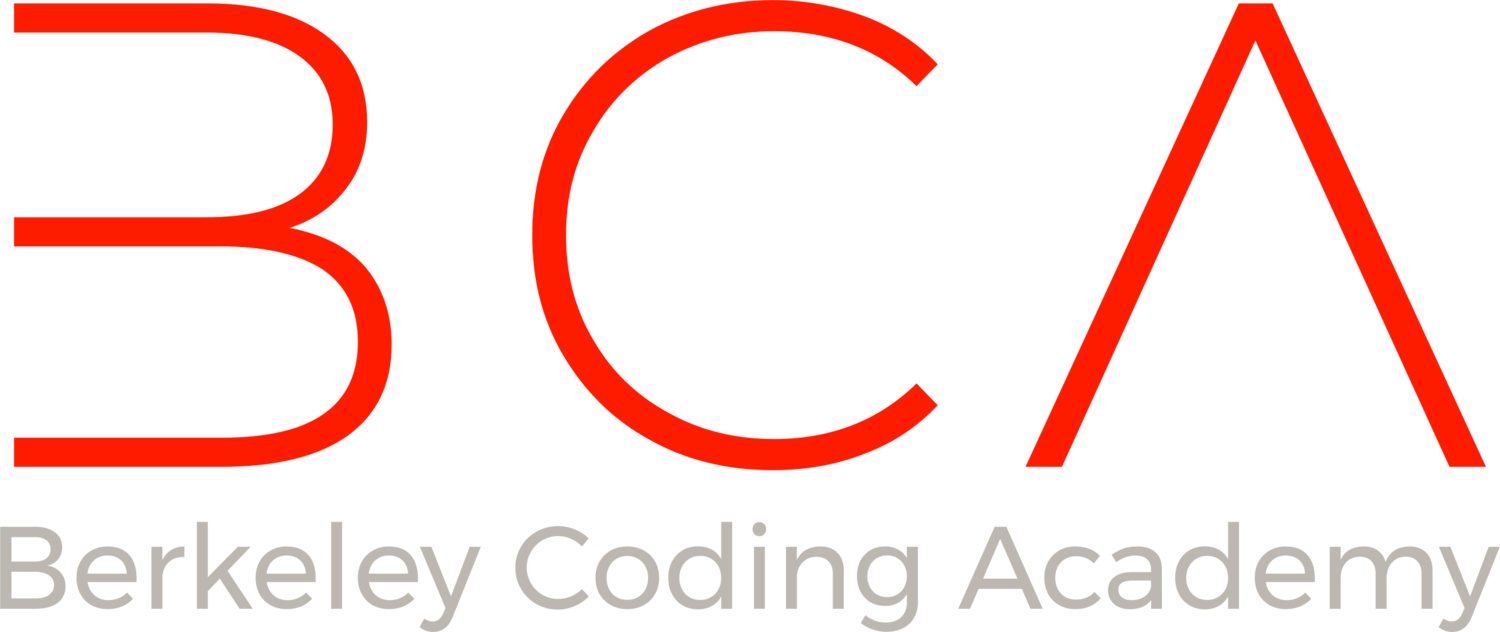First Experiences in Education
Many people recall life-changing first experiences in education. Albert Einstein and Richard Feynman both recalled being changed the first time they viewed the rigorous beauty of Euclid’s Elements. I personally will never forget my first Astronomy Class, Birth and Death of the Universe, that forever expanded my view of reality.
First educational experiences do not just change people; they have the potential to change the course of life. At Berkeley Coding Academy, every summer, students gain their first experience working with big data and building machine learning models. Some students jump on the path and don’t look back.
There’s no way to know in advance if someone will be changed by an experience. But it’s worth providing the opportunity for that change to happen.
I fit in with a significant percentage of our students who were changed the first time they built a machine learning model to score their own data for their own project. Taking ownership of data, and transforming it into meaningful, interpretable statistics will be life changing for some. When machine learning models work well, something significant can shift inside.
For these students, as in my own case, and for people like Einstein and Feynman, transformative educational experiences are the beginning of a larger journey. Many young people find purpose in code. And they take pride in what they have built.
But in all cases, a larger understanding prevails. It’s not just the numbers, and the interpretation of results, but an overall sense of how these models circumscribe reality that can lead to transformation. At Berkeley Coding Academy we make a conscious effort to keep the larger picture in mind, to help students connect the dots between the code that they write and what the results tell us about reality.
Machine learning is considered a graduate level topic for students who are well-versed in computer science and statistics. Calculus was considered off-limits for all but the most brilliant mind’s in Newton’s day, and Euclid’s Elements was passed around in secret Pythagorean societies in Ancient Greece.
As centuries have passed, Calculus is now taught in all high school classrooms, and geometry, the great subject of Euclid’s Elements is taught in middle school. But machine learning is too new for most students to have any access points at all.
Berkeley Coding Academy provides an important access point for students at the Middle School and High School levels to get a taste of what machine learning is all about. And when some students taste it for the first time, as they will this summer, they’re going to be hungry for more.
Corey Wade
Corey is the founder and director of Berkeley Coding Academy. He is the lead author of The Python Workshop, the author of Hands-on Gradient Boosting with XGBoost and scikit-learn, and a regular writer for Towards Data Science.
